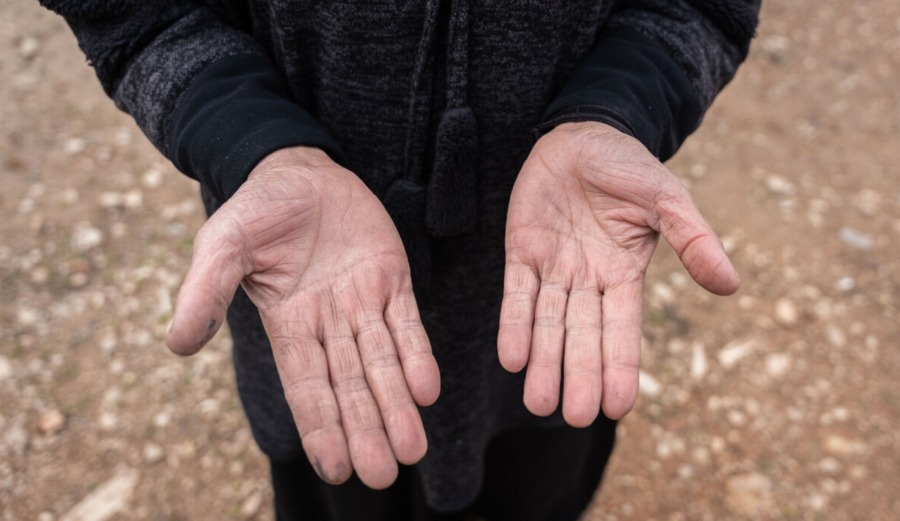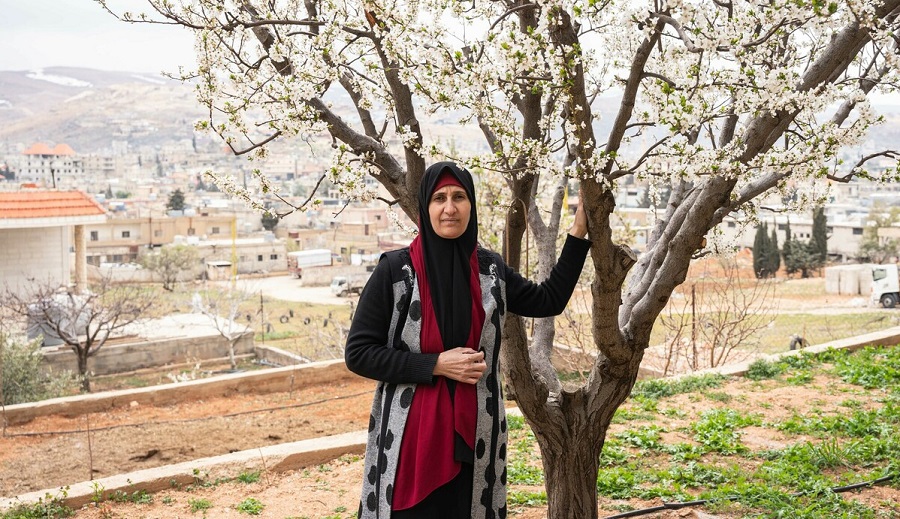Urgent Call for Action: Tackling Food Insecurity Amid Lebanon’s Economic Struggles
- Kingston Bailey
- Middle East
- Trending
- August 9, 2023

The harrowing confluence of debt, inflation, and insufficient support is plunging Lebanon into a deepening crisis of food insecurity. This pressing concern has been emphasized by the Norwegian Refugee Council (NRC), shedding light on the alarming predicament faced by 1.4 million individuals, encompassing both Lebanese citizens and refugees. The urgency of this issue cannot be understated, as malnutrition and inadequate food consumption continue to escalate.
Maureen Philippon, the NRC’s country director in Lebanon, voiced the gravity of the situation, stating, “A quarter of Lebanon’s population is grappling with a severe food crisis, an ominous indicator of the overarching poverty prevailing in the nation. We are deeply alarmed by the far-reaching repercussions on various aspects of life, from housing affordability to children’s education. Families are cornered into dire circumstances, leading children to bear the burden of providing income.”
The plight grows direr as individuals, including farmers, resort to borrowing funds to cultivate crops, sustain basic needs, and access essential medical care. An alarming trend of compromised food intake and reduced quality emerges as individuals reveal they have gone without meat for extended periods. Families are navigating the turmoil, managing their meager resources with utmost caution.

Disturbingly, the newly unveiled data underscores that over 800,000 Lebanese, 540,000 Syrian refugees, and 65,000 Palestinian refugees are locked in a battle to secure sufficient sustenance. Syrian refugees, in particular, experience extreme poverty at an overwhelming scale.
Lebanon’s economic instability is palpable, as the average cost of food items, even basics like fruits and vegetables, has skyrocketed by nearly threefold this year alone. In response, the government has permitted essential commodities to be priced in US dollars to quell the surging inflation.
Survival has become a daily ordeal for families like Nadine’s, a 44-year-old mother of three in Beirut. “We rely on donated food and have adapted to this grim reality,” she shared. “The prospect of purchasing vegetables is beyond our means, and even tomatoes are a luxury.”
Ali, a 28-year-old farmer, has grappled with a 60% reduction in crop yield due to years of crisis and water scarcity. Employing sustainable methods to cultivate cherries and apricots, Ali exemplifies the resilience of Lebanon’s agricultural sector. However, he notes the stark shift away from growing vegetables, as economic factors push him towards purchasing from supermarkets.
NRC’s interventions have focused on bolstering local fruit and vegetable production, collaborating with farmers to ensure a stable supply. The organization advocates for a sustainable agricultural framework that prioritizes domestic production, striving to enhance the availability of affordable food.
The urgency of the situation requires concerted efforts from both local and international stakeholders. As Lebanon navigates through this tumultuous period, addressing food insecurity must become a central priority. Beyond immediate relief efforts, the nation’s leaders and global partners must work together to establish a sustainable economic infrastructure that can safeguard the well-being of its people and guarantee access to fundamental necessities.








